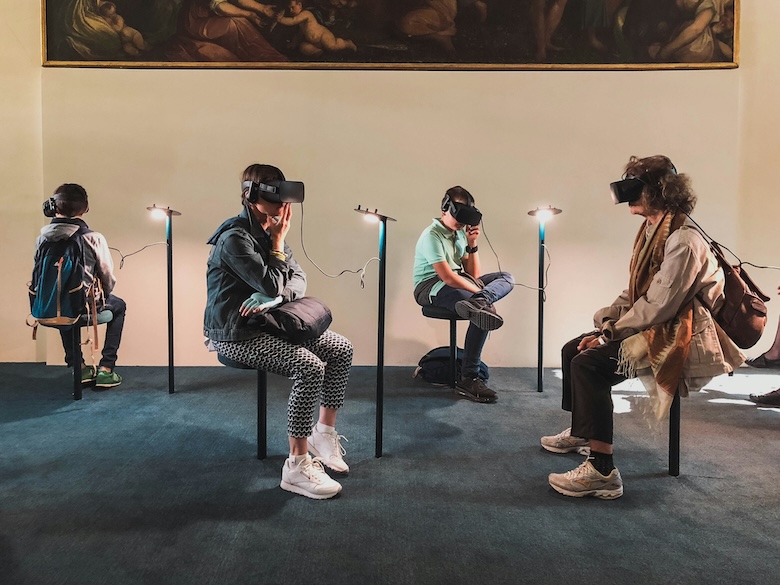
Virtual reality (VR) provides a multitude of advantages in the educational sector, enriching the learning process in diverse manners:
The Merits of Virtual Reality within Education:
- Enhancement of Memory Capacity and Knowledge Retention: VR fosters stronger connections between topics and environments, facilitating superior comprehension and retention.
- Amplification of Enthusiasm and Participation: Immersive encounters via VR amplify student participation and enthusiasm within the classroom setting.
- Augmentation of Learning Results: VR can contribute to enhanced learning results by offering interactive and engaging experiences for learners.
- Concentration of Student Attention: VR aids in concentrating student attention on lessons by crafting immersive and enthralling educational environments.
- Creation of New Possibilities: VR creates new possibilities for education, rendering intricate subjects more comprehensible and approachable for students.
The Role of Virtual Reality in Advancing Education:
- VR empowers students to learn experientially, delve into complex ideas, and interact with lessons in an unforgettable manner.
- It cultivates crucial interpersonal abilities such as empathy, cooperation, and social skills that are essential for future success.
Potential Applications of VR within Education:
- Virtual excursions to historical sites or monuments.
- Performing physics experiments or navigating difficult scenarios safely.
- Boosting STEM education through immersive experiences.
In conclusion, virtual reality’s role in education presents a revolutionary method of learning that is engaging, interactive, and influential for students. This paves the path towards a more immersive and effective educational journey.

